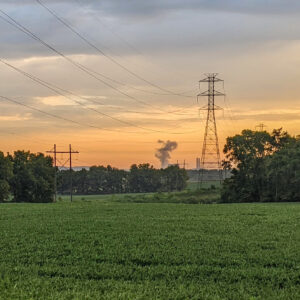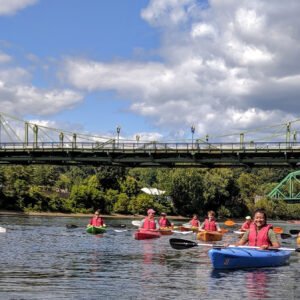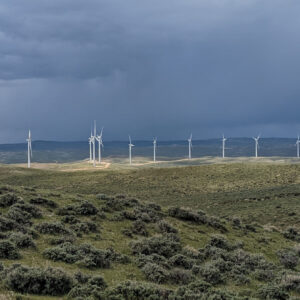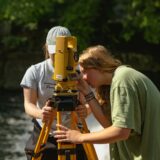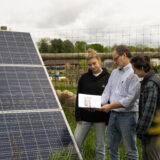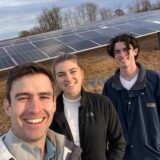Environment & Energy
Environmental challenges such as air and water quality, energy, food, and sustainable infrastructure are inherently interdisciplinary and exemplify interconnected systems (the "water - energy - food nexus" of sustainability). The environment and energy focus area allows students to focus their systems thinking and problem-solving on these challenges at various scales.
“the environmental engineering field must expand its scope, moving from a focus on individual problems toward systems-based solutions that address a broad set of issues” – National Academies, 2019
Students in this focus area first complete the systems core, culminating in the junior systems course (ES 303) where students learn to appreciate and understand the interconnected nature of environment and energy challenges, and apply tools such as systems modeling and life cycle analysis. To complete the E & E focus, students are required to take one prescribed course related to environmental engineering (CE 321), one related to energy (EGRS 352), fluid mechanics, and thermodynamics. Two additional engineering courses and two technical electives are required from an approved list of electives, plus two additional environmental-related elective courses from the natural sciences, humanities, and social sciences to provide a broad perspective on environmental and energy issues.
see Typical 4-year schedule for the Environment & Energy Focus
Required courses in Environment & Energy FOCUS ARea:
- ES 303 Environment and Energy Systems Engineering (Systems Core course)
- ME 362 Fluid Mechanics, CE 251 Fluids, or CHE 311 Transport
- ES 254 Engineering Thermodynamics
- CE 321 Environmental Engineering and Science
- EGRS 352 Energy Technology and the Modern World
- (2) Engineering electives – Approved courses
- (1) Math, Sci, Eng elective – Approved courses
- (1) Math or Sci elective – Approved courses
- (2) Related electives from any Division – Approved courses
FACULTY ADVISOR FOR THE e & e focus area: Prof David Brandes, Program Chair
Faculty that do research in the areas of environment and energy: Prof Brandes (CE), Prof Elliott (CE), Prof Kelleher (CE), Prof Kney (CE), Prof Nicodemus (EGRS), Prof Rao (ChE), Prof Sajadian (ECE), Prof Soh (ChE), Prof van Asselt (ME), Prof Woo (ChE)
